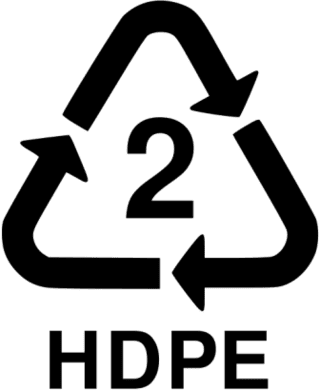J
j.
Guest
I'm sensitive to plastic, to the extent that water from a plastic bottle tastes disgusting to me and can't drink it. There are studies showing water from plastic containers is estrogenic.
I have two tips to consume dairy from plastic containers.
1. Make farmers cheese
When I make farmers cheese with milk from plastic bags, I feel no discomfort. I think the estrogenic substances go with the whey. Farmers cheese is an easy way to get a lot of protein for the plastic sensitive.
2. Make greek yogurt
If you buy an unflavored, additive-free yogurt, you can thicken it by leaving it on a colander with a coffee filter. The whey will drip, and the yogurt will thicken after letting it stand for hours in the refrigerator.
I think that just like farmers cheese, the estrogenic substances go with the whey which can be discarded.
I have two tips to consume dairy from plastic containers.
1. Make farmers cheese
When I make farmers cheese with milk from plastic bags, I feel no discomfort. I think the estrogenic substances go with the whey. Farmers cheese is an easy way to get a lot of protein for the plastic sensitive.
2. Make greek yogurt
If you buy an unflavored, additive-free yogurt, you can thicken it by leaving it on a colander with a coffee filter. The whey will drip, and the yogurt will thicken after letting it stand for hours in the refrigerator.
I think that just like farmers cheese, the estrogenic substances go with the whey which can be discarded.



